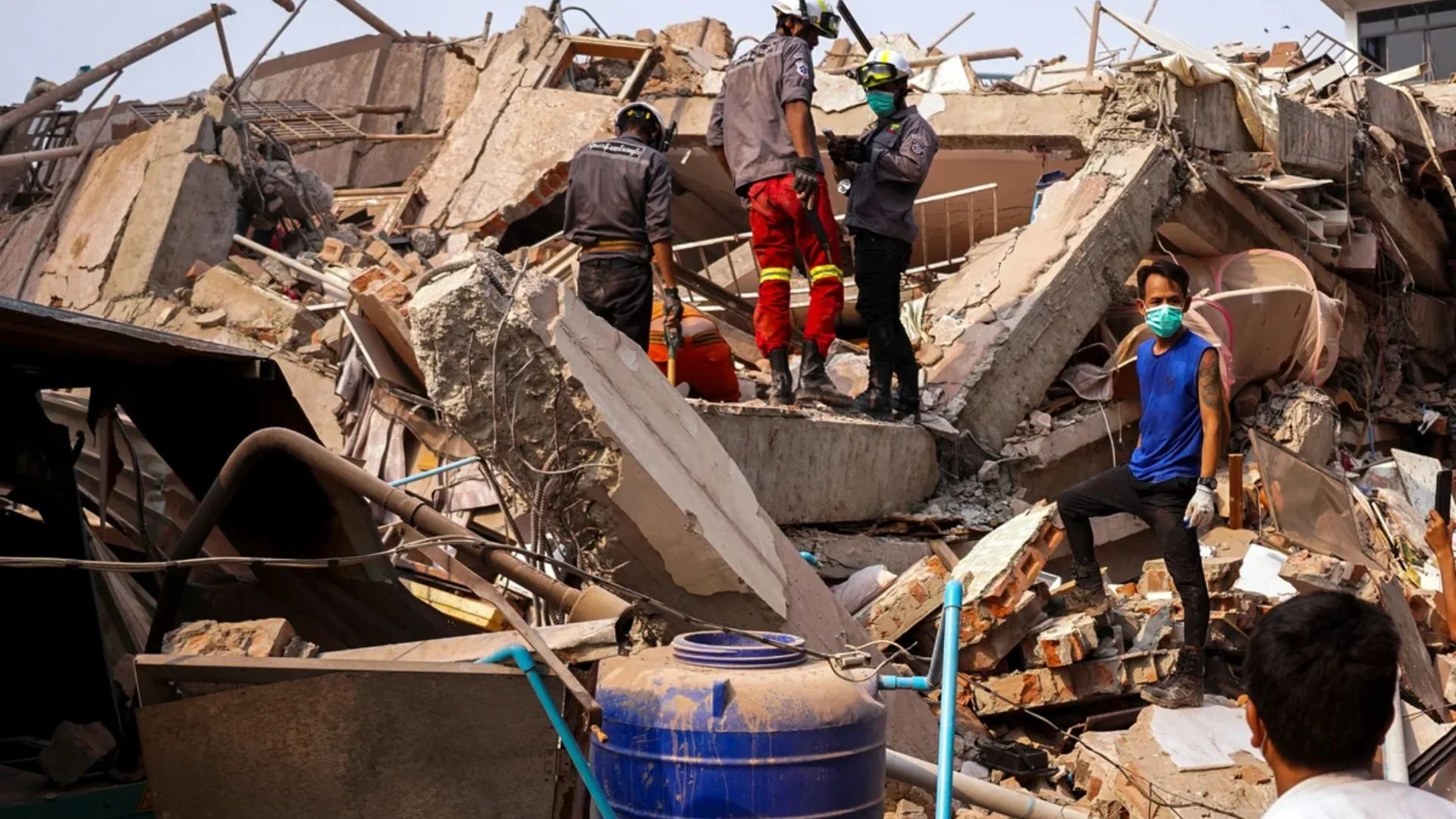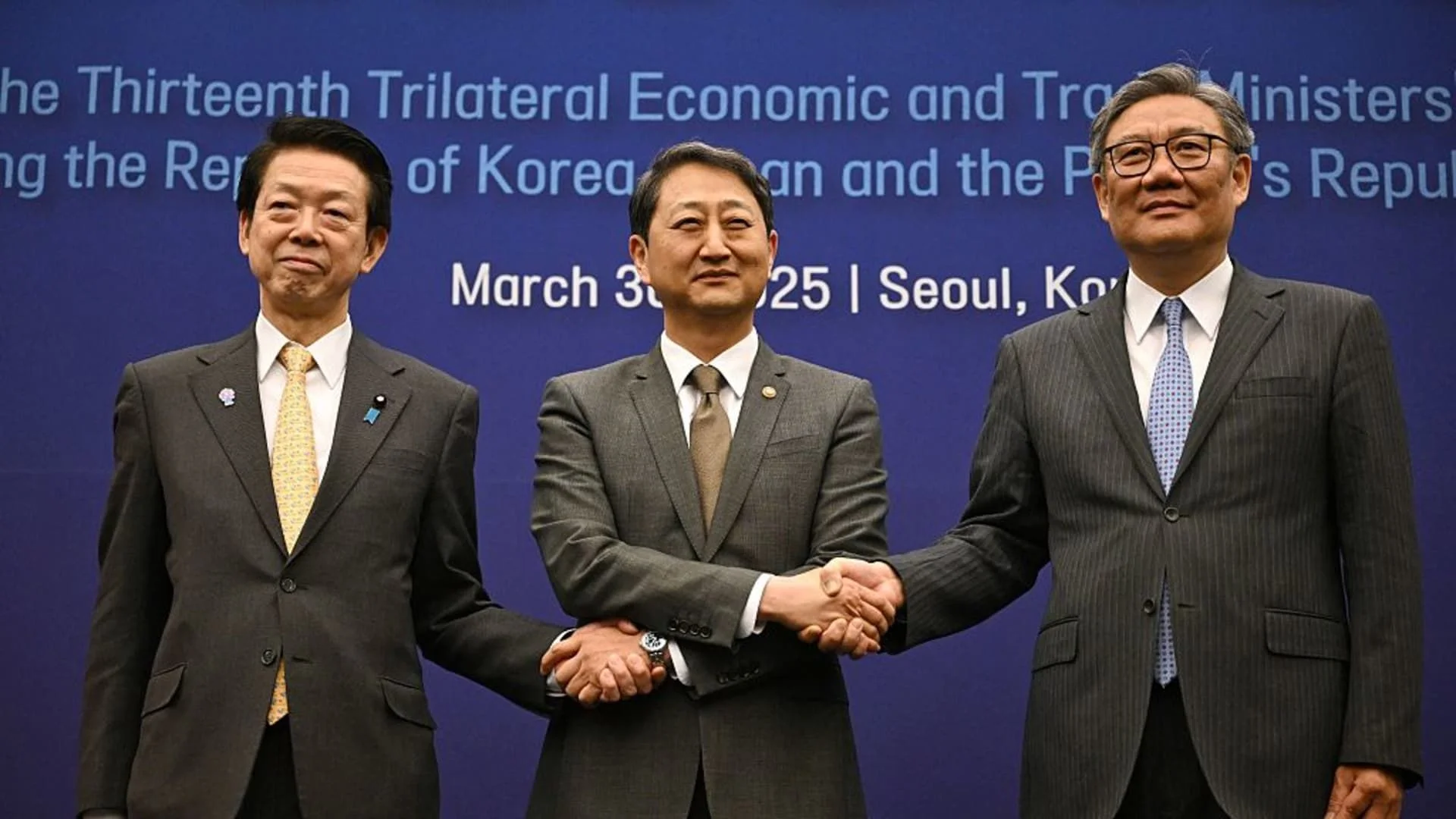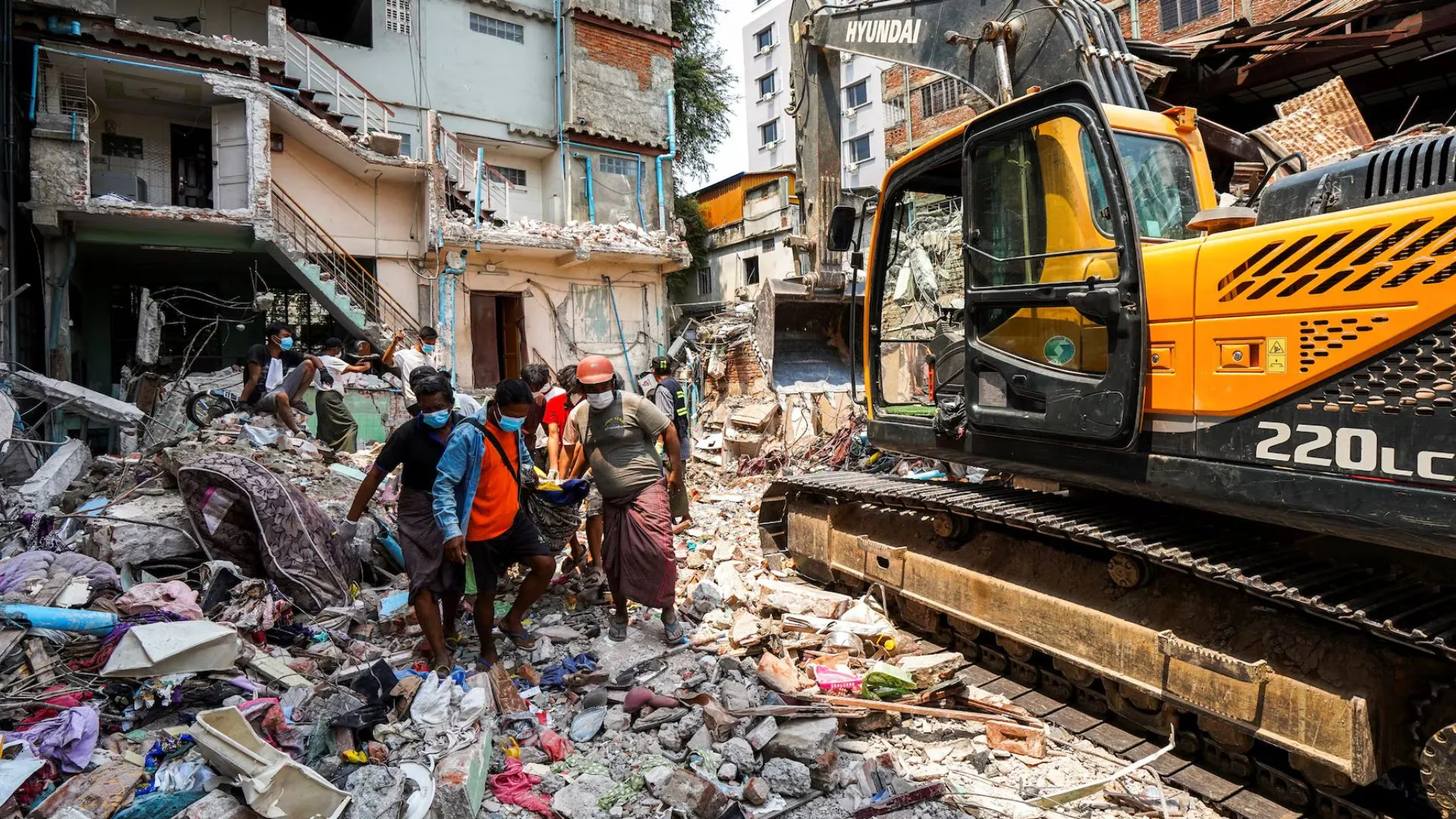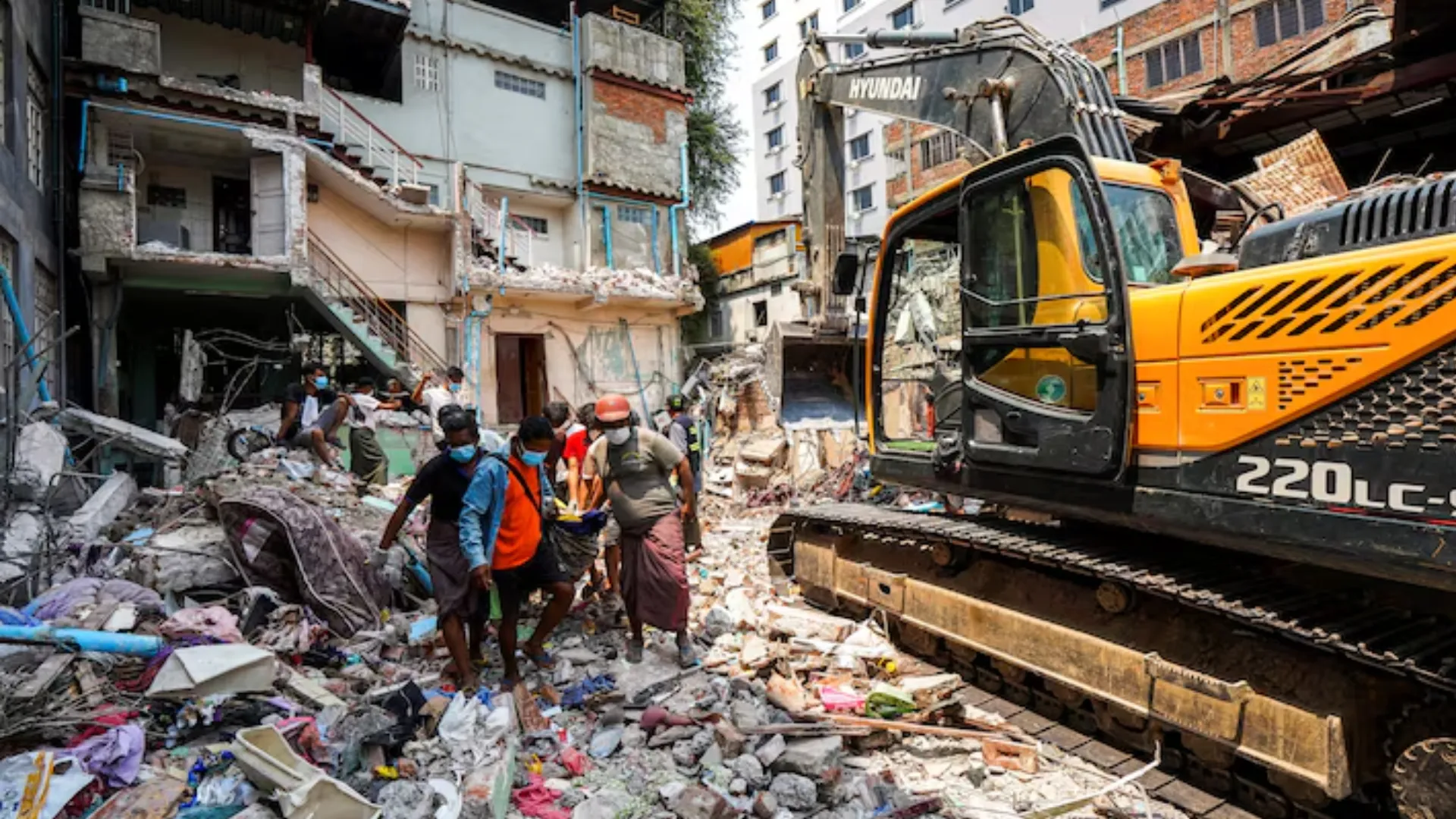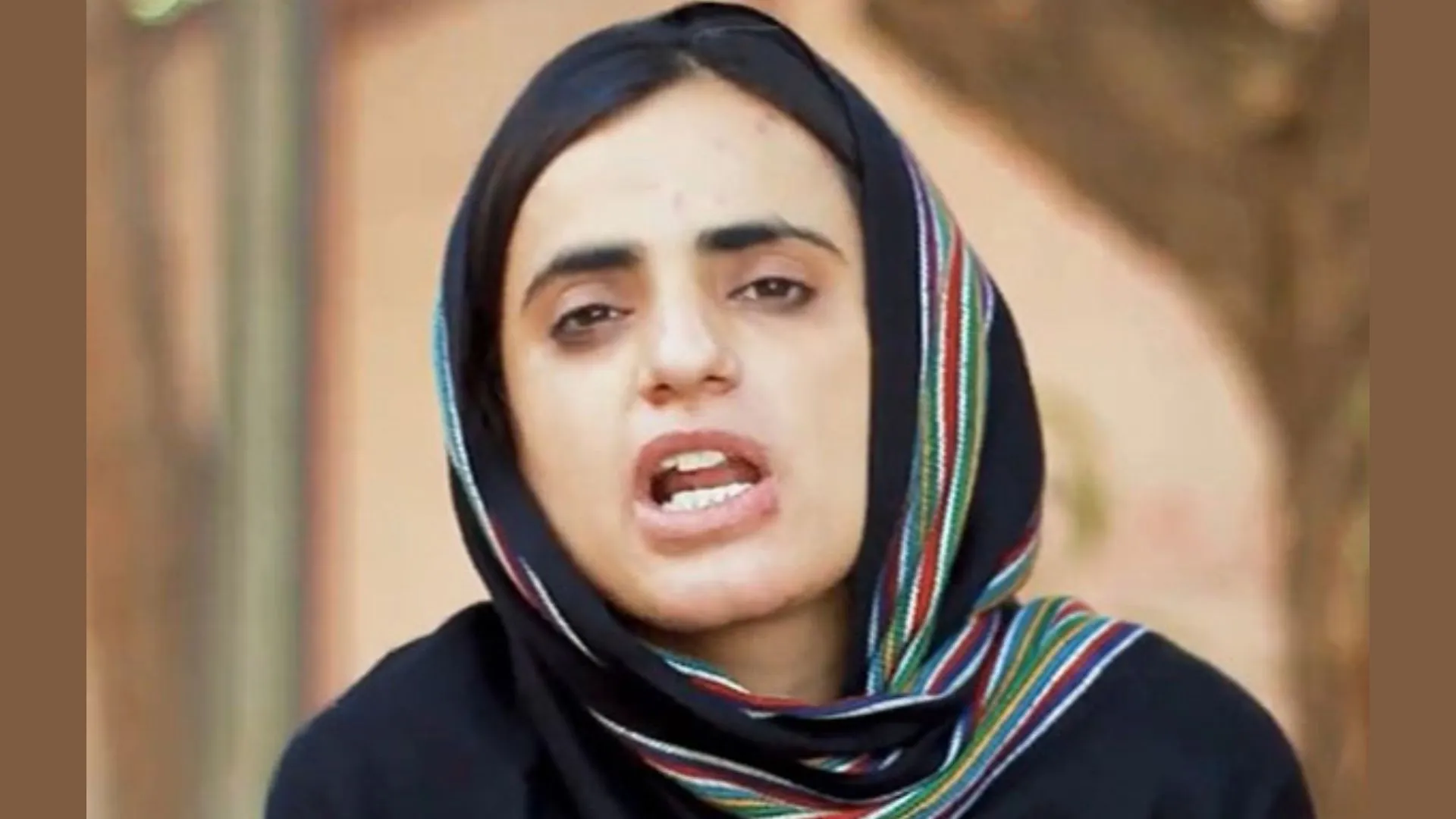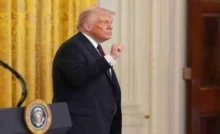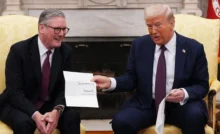Chinese President Xi Jinping on Thursday met with Thai Prime Minister Paetongtarn Shinawatra in Beijing, amidst growing concerns over the possible deportation of 48 Uyghur detainees held in Thailand. Human rights organizations fear that China may pressure Thailand to accelerate their return during the Thai leader’s three-day official visit, which commemorates 50 years of diplomatic relations between the two nations.
Among the detained Uyghurs are around 350 who fled Xinjiang, China, in 2014 because of persecution. Some were resettled in Turkey, but at least 109 were forcibly returned to China, whose whereabouts rights groups cannot trace. The remaining 48 have been in Thai immigration detention for more than a decade, reportedly without access to legal assistance, family, or advocates. Thailand has not ratified the 1951 UN Refugee Convention, which has left them vulnerable to prolonged detention as “illegal migrants.”
The Chinese government has been accused of committing “crimes against humanity” against Uyghurs and Hui Muslims, with reports of mass arbitrary detentions and abuses. Beijing has, on numerous occasions described these as the “lie of the century.” According to the UN, over one million minority Muslims, mostly Uyghurs have been detained in facilities since the country stepped up counter-terrorism operations in 2017. China, initially denied the existence of these facilities before describing them as “re-education centers”.
Last month, UN human rights experts urged Thailand not to repatriate the Uyghurs, warning that they could face torture, mistreatment, and severe harm if sent back. “We are informed that 23 of the 48 individuals suffer from serious health conditions, including diabetes, kidney dysfunction, paralysis of the lower body, skin diseases, gastrointestinal illnesses, and heart and lung conditions,” the special rapporteurs stated. “It is essential they be provided with the necessary and appropriate medical care.” They also highlighted the detainees need to be able to access asylum procedures and humanitarian aid. The UN statement came as warnings from Thai lawmakers and human rights groups of an imminent transfer of Uyghurs to China, but the Thai government denied this.
During the meeting, Xi Jinping called for strengthening bilateral cooperation in various sectors, including infrastructure, digital economy, and electric vehicles. He mentioned the high-speed railway project linking Bangkok to Kunming in China’s southwest as one of the key initiatives. “In the face of unprecedented changes not seen for a 100 years, China and Thailand should deepen mutual trust over strategic interests and firmly support each other,” he said, according to state broadcaster China Central Television (CCTV).



